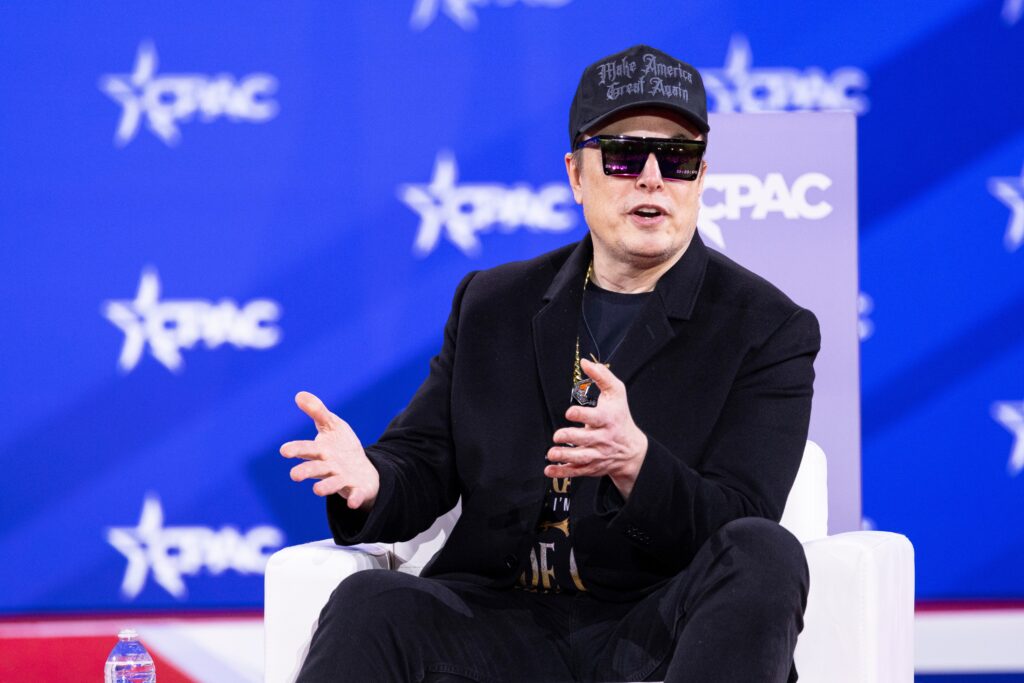Former President Donald Trump met with Elon Musk at the White House on Friday to formally mark the end of Musk’s time leading the Department of Government Efficiency (DOGE). During a private meeting in the Oval Office, Trump thanked Musk for his role in reshaping federal operations and announced his departure from the post. Musk, wearing a black jacket and a “The Dogefather” T-shirt, listened as Trump highlighted recent federal contract eliminations tied to Musk’s initiatives.
Trump praised Musk for what he described as a bold transformation in how Washington operates. He credited the billionaire entrepreneur with introducing private-sector speed and discipline to a federal government long criticized for waste and bureaucracy. Musk confirmed that his role with DOGE has ended and said he now plans to focus full-time on his private companies, including Tesla, SpaceX, and social media platform X.
Musk’s exit marks a significant shift in the Trump administration’s strategy to cut federal spending and streamline agencies. Although some of the personnel Musk hired will remain in government roles, many of the sweeping changes he implemented will leave lasting effects. During his time at DOGE, Musk oversaw massive layoffs across various federal departments. By some estimates, tens of thousands of workers were pushed out or let go in the name of efficiency.
One of the most heavily affected agencies was the U.S. Agency for International Development (USAID). The foreign aid agency, known for supporting health, education, and food security programs in low-income nations, was largely dismantled under Musk’s direction. According to a report from Boston University, the abrupt cuts to USAID may be linked to hundreds of thousands of preventable deaths in developing countries. Researchers say that reduced access to vaccines, clean water, and emergency food deliveries left many vulnerable populations without critical aid.
Critics argue that the elimination of such programs weakened America’s soft power and global image. Others in the Trump administration, however, maintain that trimming foreign spending was necessary to balance the budget. Musk has repeatedly stated that his primary goal as DOGE director was to reduce federal expenditures by $1 trillion, a target that he claims is now within reach.
At the farewell meeting, Trump presented Musk with a gold-colored key in recognition of his work. “This is something I only give to very special people,” Trump said, calling the gift a symbol of gratitude from the American people. He noted that Musk’s influence would continue even after his formal exit, describing DOGE as Musk’s “baby” and suggesting that the billionaire would still offer input behind the scenes.
Musk accepted the key and thanked Trump for the opportunity. He also said he would remain available if needed. Trump responded by saying he expects Musk to stay involved and visit Washington frequently. “You’re not going far,” he added, suggesting that DOGE’s embedded teams would keep Musk’s policies alive.
While Musk is returning to his private ventures, the impact of his time in government remains a point of debate. Some experts say the cost-cutting measures went too far, undermining key services and humanitarian programs. Supporters, however, believe the reductions were long overdue and praise Musk’s unorthodox approach to governance.
With Musk now back at the helm of Tesla and SpaceX, observers will be watching closely to see how his departure affects ongoing government operations—and whether his ideas continue to influence public sector reform.
